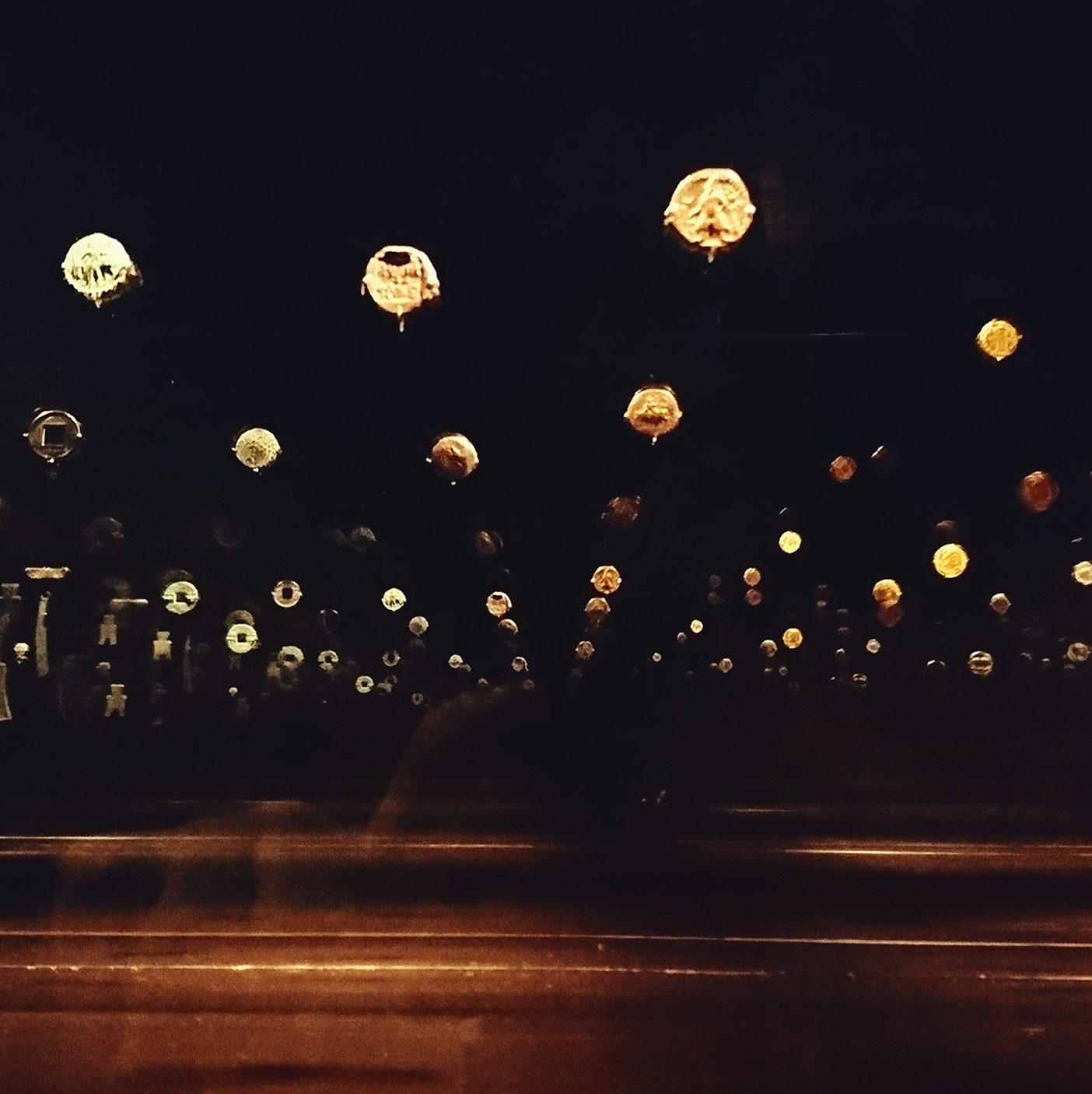Trong chuỗi bài dịch lần này, tôi muốn chia sẻ đến các bạn cuốn sách The Heritage Turn in China- The Reinvention, Dissemination and Consumption of Heritage, chủ biên bởi Carol Ludwig, Linda Walton và Yi-Wen Wang, xuất bản năm 2020. Cuốn sách này là tuyển tập các bài nghiên cứu độc lập về việc ứng dụng và thực hành di sản ở Trung Quốc trong thời kì hiện đại dưới góc nhìn và phân tích của các nhà nghiên cứu Trung Quốc và quốc tế đến từ nhiều lĩnh vực khác nhau.
Author archive:
Linh Phamvu
The inspiration for the design comes from the concept of the individual and society. It is interesting to discover the role of childhood memories (from the interviews) in recalling a sense of a place in its deepest essence. In other words, childhood recollections are a sort of interpretation of dreaming in regards to “purity”. In other words, what keeps these memories vivid regardless of time is the belief in authentic feelings. It is often said that a dream is simply a multiplicity of hallucinations or a distorted reality from unconsciousness. I, however, believe that only when dreaming, the individual has a chance to be confronted with himself, a journey into the interior of his own world.
In The destruction of memory- Architecture at war, Robert Bevan observes how collective memories embedded in buildings through the architectural destruction as ethnic cleansing. Even though, the buildings do not have their own memories but they do carry the memories of a community invested in them. This investment is the reason for their very existence in a societal context. Therefore, the demand for preservation or reconstruction is a natural reaction to protect memory…
During the colonial time, the political conflicts and spatial disparity were considered as the main cause of the discontinuity of collective memories in Vietnamese society. In North and South Vietnam, the perception of citizens was systematically manipulated by the political discourse so that the image of each side was deliberately demonized under the eyes of their counterparts. This paraconsciousness, the misconception due to social conflicts (Sabelli 1998) consequently broke down the social cohesion insofar as the social ideologies were changed to the core…
